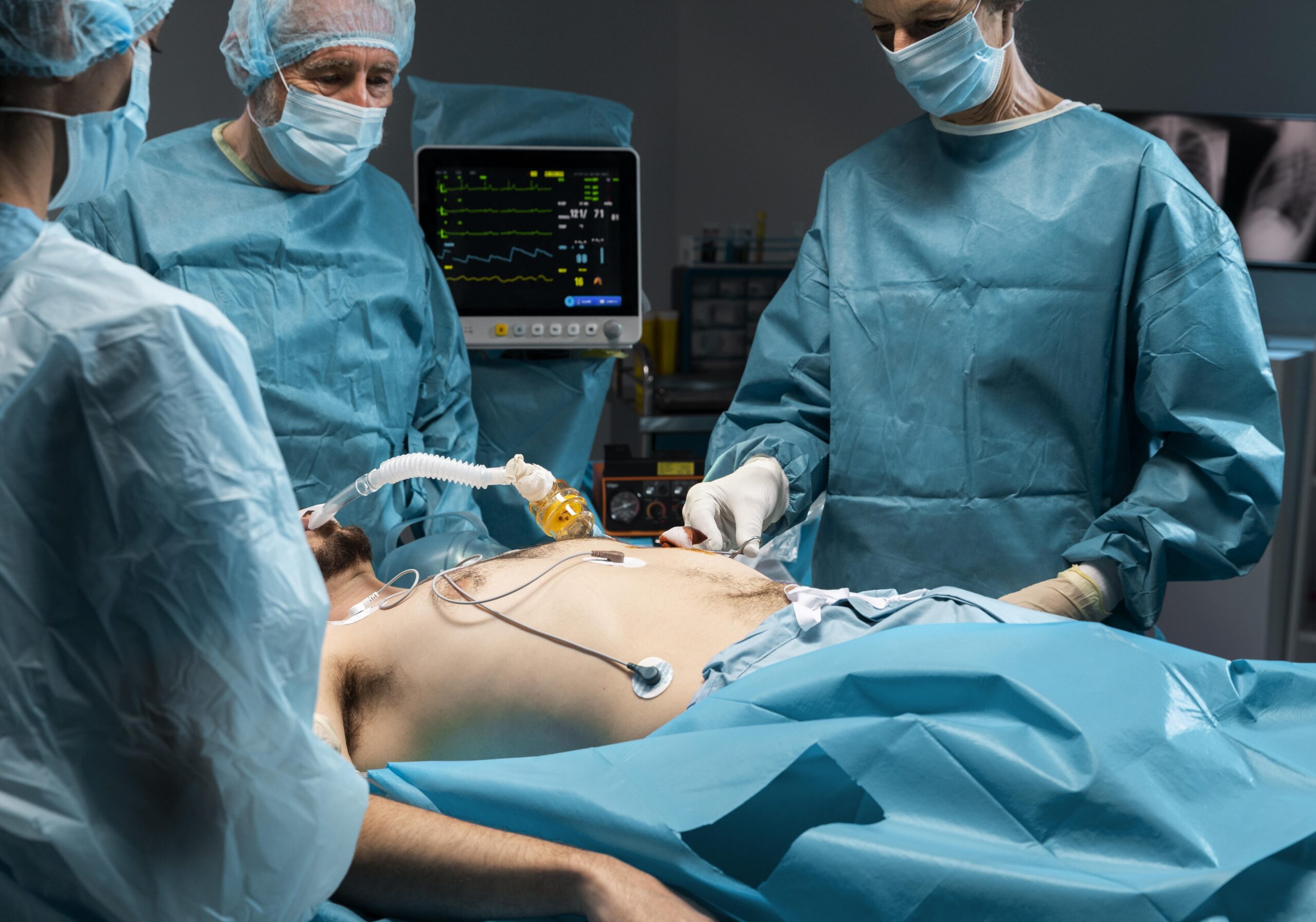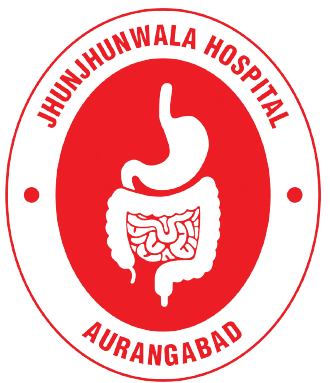Advanced Laparoscopic Surgery in Aurangabad
Laparoscopy
If you are searching for expert laparoscopy services in Aurangabad, Jhunjhunwala Hospital is your trusted destination for advanced minimally invasive surgeries. Laparoscopy is a surgical technique that uses small incisions and a camera (laparoscope) to diagnose and treat abdominal and pelvic conditions with greater precision and less pain compared to traditional open surgery.
At Jhunjhunwala Hospital, we offer comprehensive laparoscopy services for a wide range of conditions, including gallbladder removal, hernia repair, appendectomy, diagnostic investigations, and gynecological surgeries. Our highly skilled laparoscopic surgeons use state-of-the-art equipment to perform these surgeries safely and effectively.

Laparoscopy provides numerous benefits: smaller incisions, reduced blood loss, shorter hospital stays, less post-operative pain, and faster recovery times. This means you can return to your daily activities much sooner without the discomfort often associated with open surgeries.
Our team explains every step clearly to make sure you understand the procedure and recovery process. We combine expert surgical skills with compassionate patient care, ensuring you feel comfortable and supported throughout your treatment.
Common indications for laparoscopy include abdominal pain, suspected tumors or cysts, infertility evaluation, and chronic digestive problems. We aim to provide transparent and trustworthy information.
Jhunjhunwala Hospital stands out as a leading provider of laparoscopy services in Aurangabad, offering precise diagnosis and effective treatment with minimal disruption to your life. If you or a loved one require laparoscopic surgery, contact us today to schedule a consultation with our expert surgeons.
Laparoscopy is often used to identify and diagnose the source of pelvic or abdominal pain. It’s usually performed when noninvasive methods are unable to help with diagnosis.
The most common risks associated with laparoscopy are bleeding, infection, and damage to organs in your abdomen. However, these are rare occurrences.
After your procedure, it’s important to watch for any signs of infection. Contact your doctor if you experience:
- fevers or chills
- abdominal pain that becomes more intense over time
- redness, swelling, bleeding, or drainage at the incision sites
- continuous nausea or vomiting
- persistent cough
- shortness of breath
- inability to urinate
- lightheadedness
You should tell your doctor about any prescription or over-the-counter medications you’re taking. Your doctor will tell you how they should be used before and after the procedure.
Your doctor may change the dose of any medications that could affect the outcome of laparoscopy. These drugs include:
- anticoagulants, such as blood thinners
- nonsteroidal anti-inflammatory drugs (NSAIDs), including aspirin (Bufferin) or ibuprofen (Advil, Motrin IB)
- other medications that affect blood clotting
- herbal or dietary supplements
- vitamin K
Laparoscopy is done as an outpatient procedure as well as in patient operation . This means that you’ll be able to go home the same day or just after 2-3 days.
Patients typically recover in 1‑2 weeks, thanks to smaller incisions and less disruption to tissues.
Yes, with experienced surgeons and proper protocols, minimally invasive surgery is very safe and effective.
Discomfort is minimal and managed with gentle pain relief and leg exercises—most patients resume daily life quickly.
